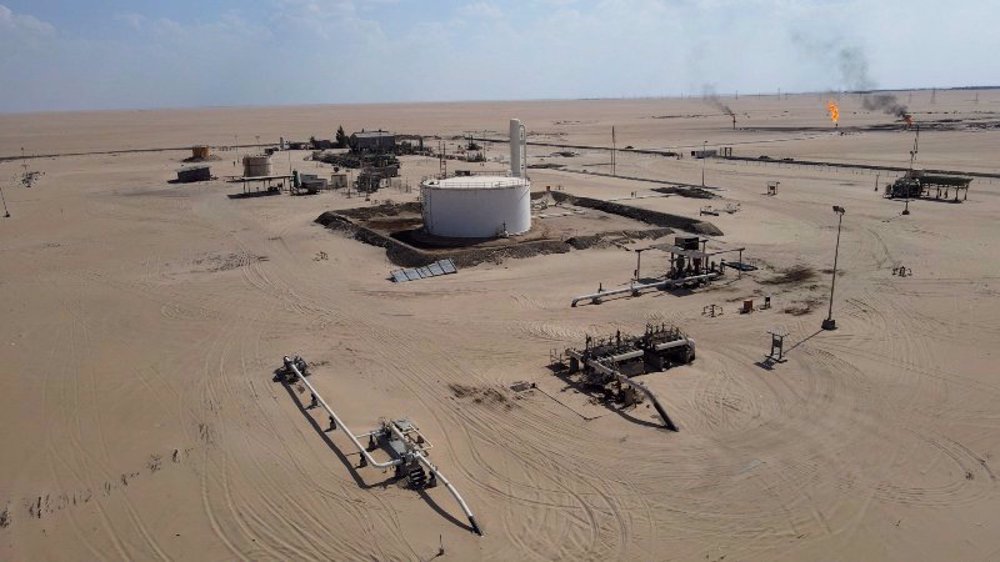Protests continue in Algerian cities, strikes staged in capital
Thousands of students have taken to the streets in the major cities of Algeria to protest against President Abdelaziz Bouteflika’s bid for a fifth term in office, more than two weeks since anti-government rallies began in the North African country.
Some 1,000 high school students, as well as other demonstrators, rallied in central Algiers, the capital, on Sunday as schools were shut down, and train, subway, tram, and bus services were halted within the capital as part of a protest strike.
Most shops in the capital’s commercial center were also shut down. Residents told AFP that shops were also closed in the poor district of Bab al-Oued and in the suburb of Zeralda, though shops were open in other areas of Algiers.
Additionally, around 2,000 students convened at the University of Science and Technology Houari Boumediene in Algiers to rally against the embattled president, chanting “Algeria free and democratic!”
Similar peaceful rallies were staged in other cities.
On Saturday, the Higher Education Ministry unexpectedly ordered universities to commence their spring holiday earlier than scheduled.
Without providing a reason for the abrupt rescheduling of the academic calendar, the ministry said in a decree that the spring break would be brought forward by 10 days, starting on Sunday instead of March 20.
Students have been at the heart of the recent protests in Algeria, and the unusual move could be an attempt to weaken the protest rallies led by students against the president’s 20-year rule.
Bouteflika, who uses a wheelchair and has rarely been seen in public since he suffered a stroke in 2013, infuriated his opponents and unleashed major protests last month after he announced that he would once again participate in the presidential race.
The election is due on April 18. The protesters are unlikely to give up demanding the resignation of Bouteflika with opponents citing what they call chronic corruption and a lack of economic reform to tackle unemployment.
On March 7, Bouteflika issued his first warning to his opponents, cautioning them that the unrest, now entering its third week, could create chaos in the oil- and natural gas-producing North African country.
The 82-year-old president traveled to Switzerland on February 24, two days after the unprecedented rallies first erupted, for what his office described as “routine medical tests,” without giving an exact fate for his return home. Local media reported on Sunday that a government plane coming from the Swiss city of Geneva carried Bouteflika back to the country after landing at the Boufarik military airport southwest of Algiers.
Bouteflika had his election papers submitted at the Constitutional Council on March 3 in defiance of his opponents, promising that if re-elected, he would order a referendum on a new constitution and call an early election in which he would not run.
Latest ballots polls show Harris, Trump tied as voting continues
UNRWA warns of humanitarian collapse in Gaza
'Hello my enemies': Lebanese journalist on Israeli threats and his resolve to continue
Outrage in France as MP proposes bill to ban criticism of Israel
VIDEO | The strategy of Hezbollah in war
Israeli military withdraws several brigades from southern Lebanon: Report
48-year-old Palestinian man serving 48 life terms completes 22 years in Israeli jails
From MKO to Tondar, how Germany became safe haven for anti-Iran terror groups












 This makes it easy to access the Press TV website
This makes it easy to access the Press TV website